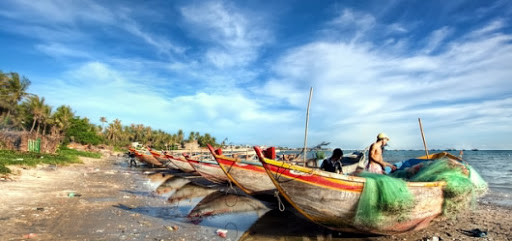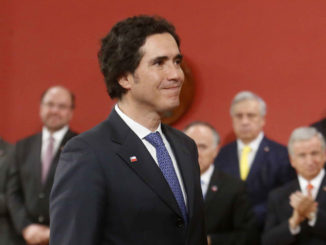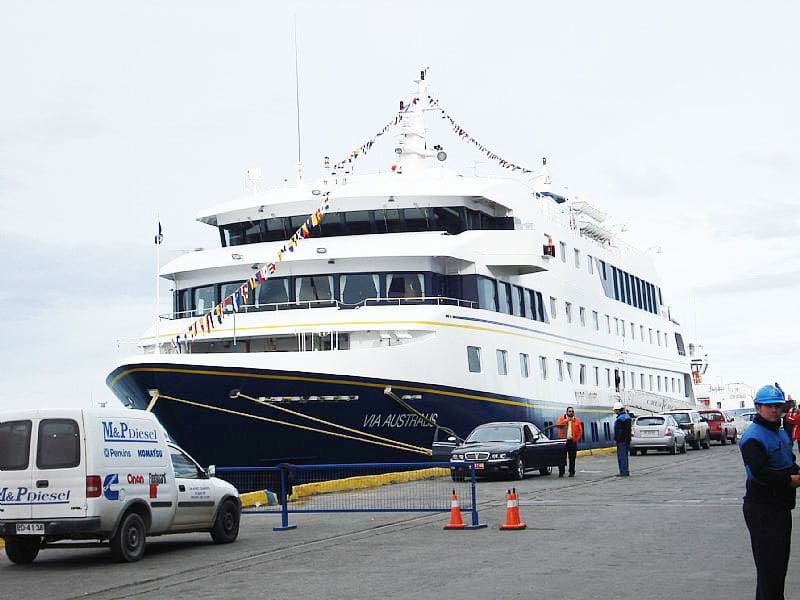
The projects will take place in Brazil, Mexico, Nicaragua, Peru and Uruguay and will be implemented by FAO.
SANTIAGO – The Global Environment Facility (GEF) on Thursday approved more than USD$27 million for projects to be implemented by the governments of five countries in Latin America and the Caribbean, with the support of the Food and Agriculture Organization of the United Nations (FAO).
Three country projects and one bi-national project will support communities to conserve marine biodiversity, improve the sustainability of food chains, reverse land degradation, boost sustainable food production, and improve public and private management of water resources.
These new initiatives add to a portfolio of 53 projects that have mobilized over US $ 181 million from the GEF in 18 countries in the region. “Transforming agricultural practices becomes even more relevant during the COVID-19 pandemic. We have to have sustainable and resilient production systems that allow us to be prepared to face disruptions such as health crises or the ravages of climate change ”explained Ignacia Holmes, Policy, Environment and Climate Change Officer.
Sustainable management and restoration of the dry forest of the north coast of Peru
FAO and the International Union for Conservation of Nature will implement a project that received USD 7.6 million from the GEF, with a co-financing of USD 53.5 million from the Government of Peru.
The objective of the project is to restore and sustainably manage the dry forests of the north coast of Peru, facilitating the conservation of biodiversity and ecosystem services, increasing the resilience of communities and their livelihoods, and reducing degradation from the earth.
The project will improve the effectiveness of the sustainable management of five protected areas for a total of 250,250 hectares. In addition, it will restore landscapes in 2,278 hectares of forests and promote agreements with producers, avoiding the emission of 2 million tons of CO2, benefiting 16,800 people.
Chile and Colombia outperform neighbors in 2020 Environmental Performance Index
Mexico: from hook to plate
The new project in Mexico is a strategy to strengthen sustainable fishing to safeguard marine biodiversity and food security, which ranges from hook to plate.
With USD 9.2 million from the GEF and co-financing of USD $ 40.3 million from the Mexican government, the project will conserve marine biodiversity and promote sustainable livelihoods in communities through joint management.
The project will apply improved management practices in 399,114 hectares of land conservation areas, 1,597,751 hectares of marine conservation areas, and 925,031 hectares of productive marine landscapes. As a result, the project seeks to reduce by 25,104 metric tons the catch of overexploited marine fisheries.
Uruguay and Brazil: integrated watershed management
The GEF will contribute USD 4.8 million to a project for the joint management of its transboundary water resources in the Merín lagoon basin and its associated coastal lagoons.
The Merín lagoon is the largest in Uruguay and the second largest in Brazil, and the region has great economic potential for fishing and aquaculture. The project will favor the expansion of river transport between countries without damaging biodiversity, and will strengthen the capacities of the public and private sectors, emphasizing the sustainable and efficient use of water, the preservation of ecosystems and their services, and adaptation to climate change. .
Intensify food production in a sustainable way in Nicaragua
With $ 5.5 million from the GEF, and co-financing of $ 48 million, Nicaragua will transform food systems in the protected areas of the biological corridors of the southern Caribbean coast and the San Juan River.
The project will work with beef and dairy cattle value chains, promoting sustainable approaches that can slow down the expansion of the agricultural frontier and deforestation in ecosystems of global importance.
Public-private partnerships to improve the adoption of sustainable agricultural intensification methods, restoring the productivity of idle land and reducing livestock emissions are some of the project strategies.



